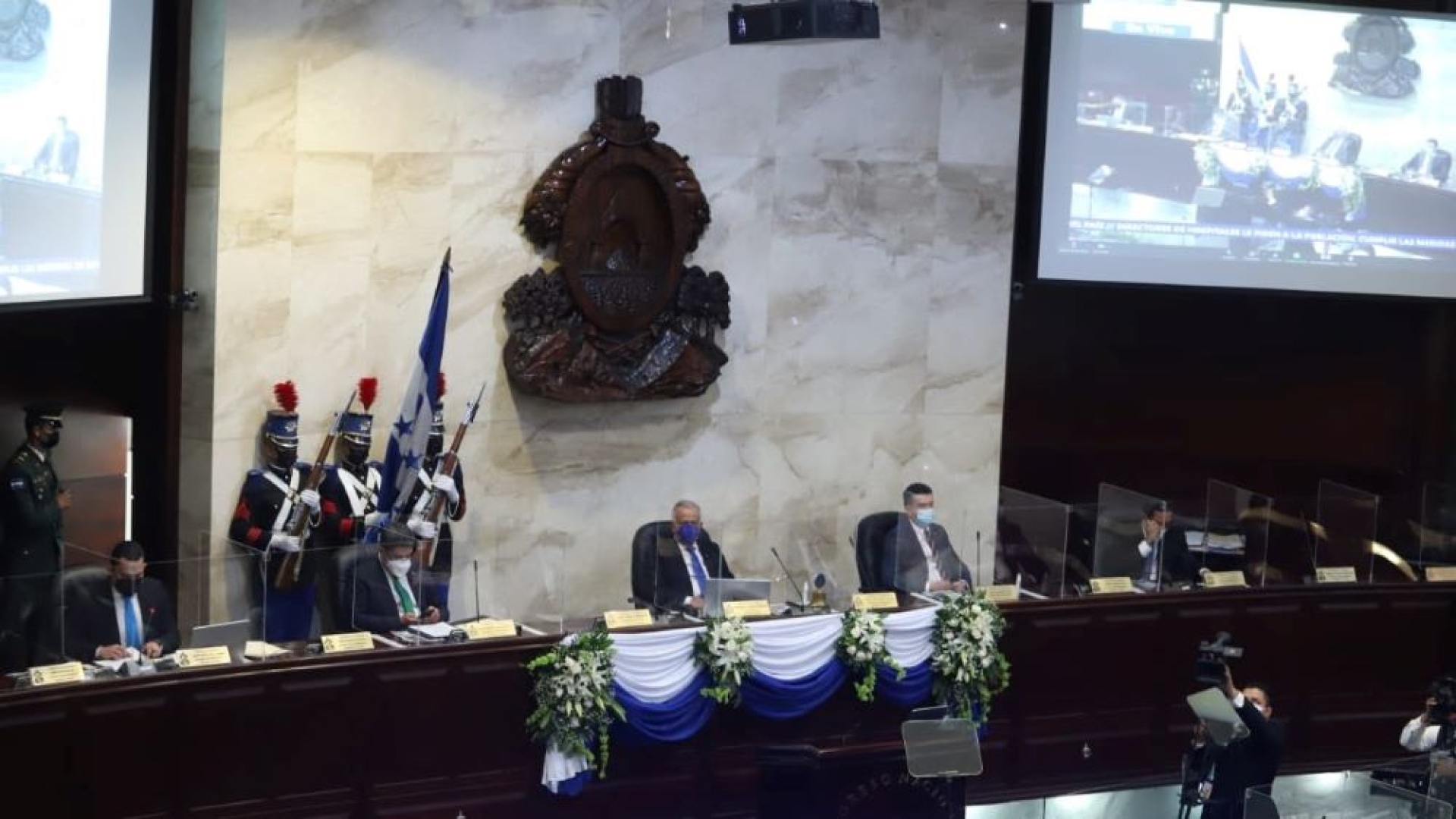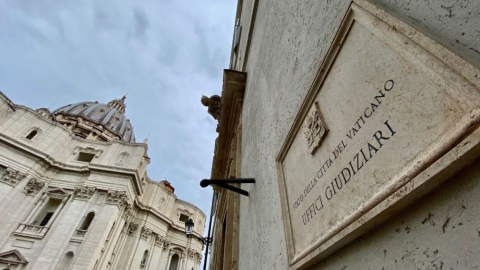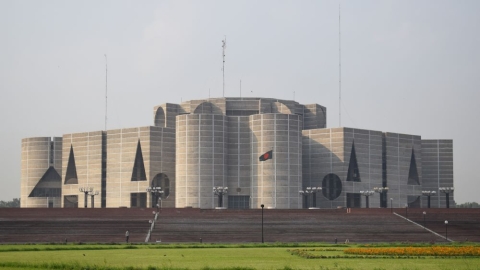UN Castigates Honduras on Abortion and Homosexual Marriage

Congrès national du Honduras
The historic decision of Honduras to toughen the ban on abortion and “marriage for all” has been sharply criticized by the United Nations (UN) which sees it as a decision contrary to the “principle of non-regression of human rights.”
On December 30, 2020, the Argentine Congress legalized abortion: a boon for Latin American feminists who saw this historic decision as a possible snowball effect in Latin American countries.
In Honduras, however, the opposite happened, as the parliament of the small state of Central America decided to carve the abortion ban in stone on January 21, 2021.
The National Congress has in fact approved a draft constitutional amendment to further protect the absolute ban on abortion that already exists in the country. For this crime to be legalized in the future, three-quarters of the 128 members of parliament would have to approve it, which in practice is almost impossible.
The project—entitled “Anti-abortion shield in Honduras”—establishes a kind of constitutional barrier, not only against the voluntary termination of pregnancy (abortion), but also against civil unions between people of the same sex which the constitutional prohibition also approved.
Nothing more was needed to spark the ire of the United Nations. Through its delegation in Honduras, the world organization reacted by declaring that the approval of the deputies on the total ban on abortion was “contrary to human rights,” and that the constitutional reform “contravened international obligations.”
Likewise for the criminalization of civil unions between persons of the same sex, the UN reminds Honduras that restrictions of rights “because of one’s sexual orientation, one’s gender identity, and the expression of that identity are contrary to the opinion of the Inter-American Court of Human Rights, and the principle of non-regression of human rights.”
On the Honduran side, they are not too worried about these protests. So, Mario Perez, member of the ruling National Conservative Party—and drafter for the anti-abortion shield—justifies his country's desire to put a stop to “the wave of constitutional reforms in Latin American countries, encouraged by governments of left, intended to legalize abortion, as happened in Argentina recently. (…) We cannot allow it in Honduras,” he added.
It should be remembered that the decriminalization of abortion which has spread in many countries does not in any way represent a “right to abortion,” since, as the term indicates, to decriminalize is to “no longer subject an action or behavior to criminal sanction,” even though this action is sometimes susceptible to other sanctions.
This lack of the right to abortion was mentioned in the Geneva Consensus Declaration on the Promotion of Women’s Health and Strengthening of the Family, signed by 32 countries on October 22, 2020. The declaration notably reaffirms “that there exists no international right to abortion, nor any obligation on the part of states to finance or facilitate abortion, in accordance with the long-established international consensus that every nation has the sovereign right to implement programs and activities in accordance with its laws and policies.” The UN would do well to take note.
(Sources : Infocatolica/Le Monde – FSSPX.Actualités)
Illustration : capture d’écran Twitter Congreso Nacional de Honduras





